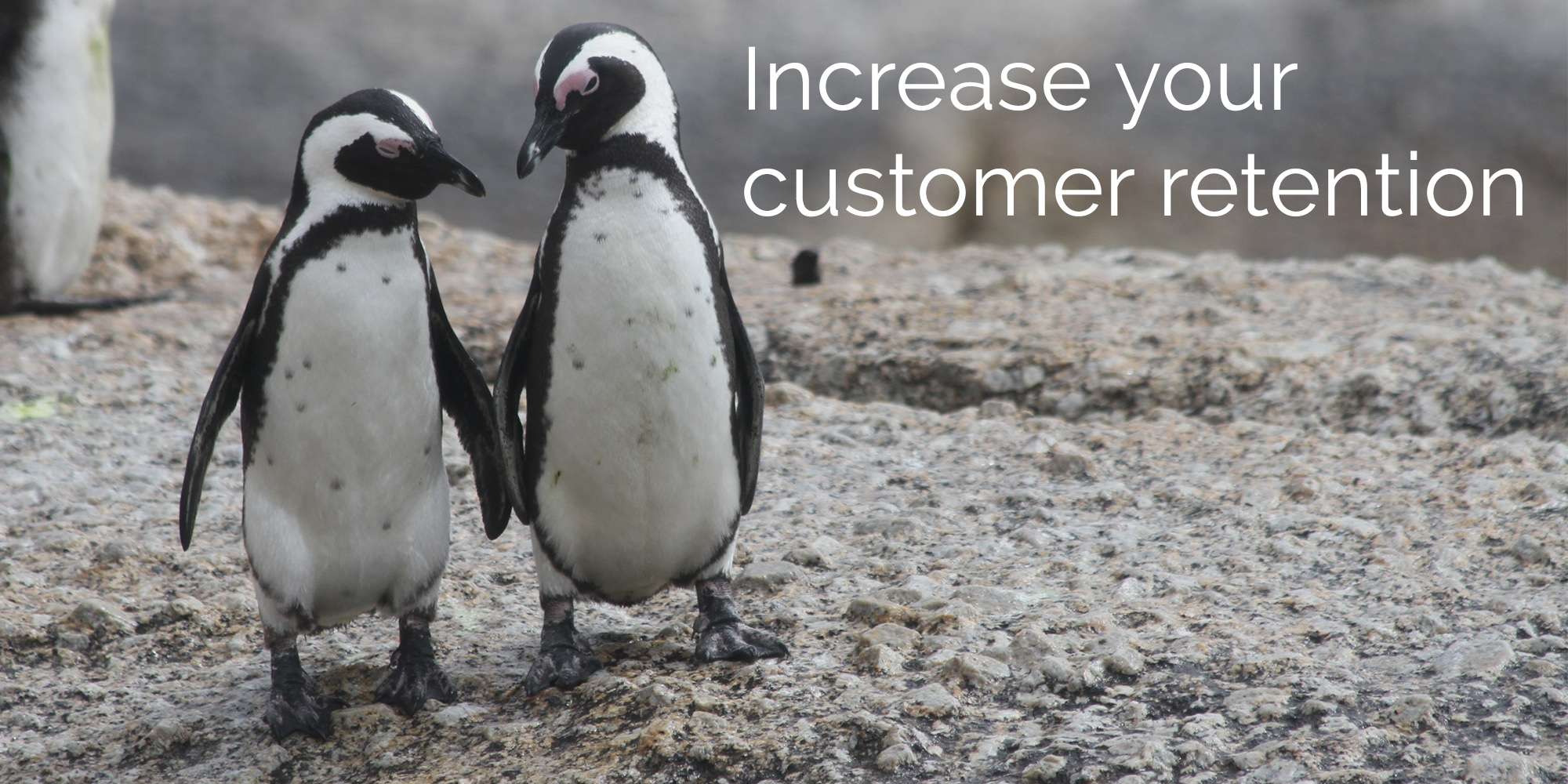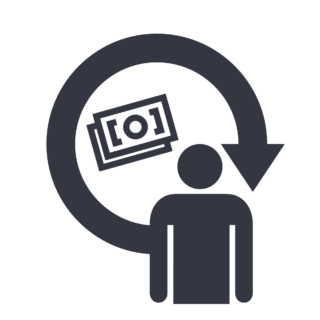4 ways to increase your customer retention

It’s a common saying in business that 20% of your customers produce 80% of your revenue. While that may not be entirely statistically accurate, the fact still stands that those customers that are loyal to you and your brand will continue to come back time and time again. To make matters even better, those that are truly loyal are 17% more likely to refer your business to their friends, family and colleagues.

In this resource, we’re exploring the often sought after phenomena that is Customer Loyalty. What does it mean, how can you get it, and why it could be the key to unlocking more revenue for your tour operator business.
How to increase your customer retention rates
As the trend of fragmentation continues to take hold of our industry, the chances of your customers becoming repeat business is unfortunately dwindling…the working class aren’t as good at taking vacations as they were 10 years ago, there are more competition and cheaper online options.
Despite the negatives, there’s also no denying that the Travel industry is booming. Creating lasting relationships with customers now will work wonders for your business as the years pass and you continue to grow. Here are our tips to increasing your customer retention rates:

Don’t rule anyone out
Generally speaking, travel isn’t something that the public partake in every other day. There’s a lot of build up involved: saving, planning, taking time off work, etc. The truth is, some of your customers may only take a journey with you once.
Despite the fact that not everyone has the potential to be a repeat customer, everyone does have the potential to be a satisfied one, and satisfied customers mean positive word-of-mouth for your business.
 Take time to invest
Take time to invest
It’s easy to get caught up in the weeds of the day-to-day and forget to look at the bigger picture. Although your customers might be perfectly content with your business, this doesn’t mean that they are delighted to the point of becoming an advocate for your brand.
The difference between a satisfied customer and a delighted one is most often down to the effort that they see you making. It’s a simple phenomenon but when your customers take notice and appreciate what you are giving them, they are much more likely to want to give something back, usually in the form of a good review. Therefore, taking time in the early stage of your customer relationships will set you on a much happier and healthier business journey. Investing in your customer service strategy, going the extra mile and adding a personal touch will increase your chance of converting a once neutral customer into a walking billboard for your business.

 Remember, your team are the key to scalable success
Remember, your team are the key to scalable success
 It’s all very well going the extra mile for your customers, but if your customer service approach isn’t formalised and embedded into the culture of your workplace then chances are, your efforts could be wasted, or at the very least diminished.
It’s all very well going the extra mile for your customers, but if your customer service approach isn’t formalised and embedded into the culture of your workplace then chances are, your efforts could be wasted, or at the very least diminished.
According to a 2017 American Express report, a brand advocate will on average, tell 11 people about their positive experience with your business, whereas a dissatisfied customer will let 15 people know about their negative one. Getting your entire team into the same mindset will increase your chances of success and minimise the chance of unhappy customers.
 Measure your loyalty
Measure your loyalty
Investing in loyalty is all well and good, but how valuable is it if you have no way to know if your efforts are paying off? Establishing valid and reliable ways to collect feedback from your customers will allow you to figure out what you are doing well and what you need to improve on.
A Net Promoter Score (NPS) survey is a great way to measure customer loyalty. It’s used widely around the world as a customer experience tool and has been found to be an accurate predictor of customer retention and business growth.
Simply put, NPS is a survey designed to quickly get a pulse on how happy your customers are using a scale of 0 to 10. Customers who give scores between 0 and 6 are considered to be a ‘detractor’, 7-8 are passive and 9-10 are promoters.
 Your promoters are valuable assets to your business, they are your repeat customers and those who will rave about you to their friends and colleagues. Your satisfied customers are awesome reviews just waiting to happen, so why not take the opportunity to reach out and ask for a review on your preferred review site (don’t have one, try Viator) or a quote to feature on your website?
Your promoters are valuable assets to your business, they are your repeat customers and those who will rave about you to their friends and colleagues. Your satisfied customers are awesome reviews just waiting to happen, so why not take the opportunity to reach out and ask for a review on your preferred review site (don’t have one, try Viator) or a quote to feature on your website?
Learn more about customer service and how to delight your customers





